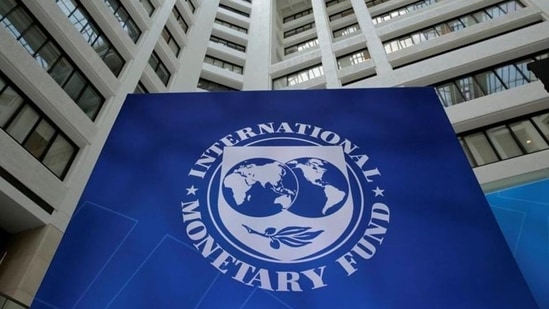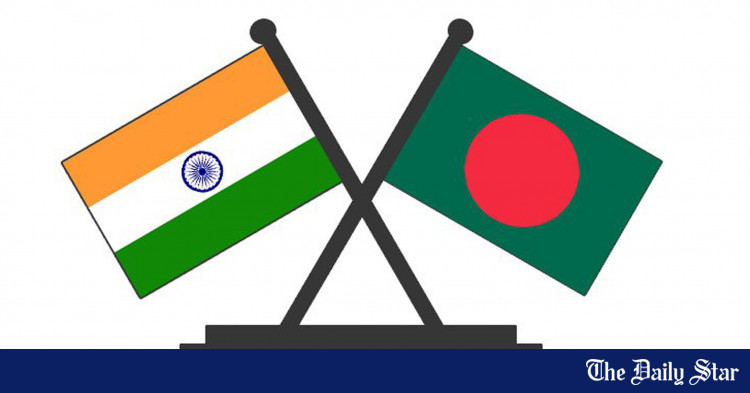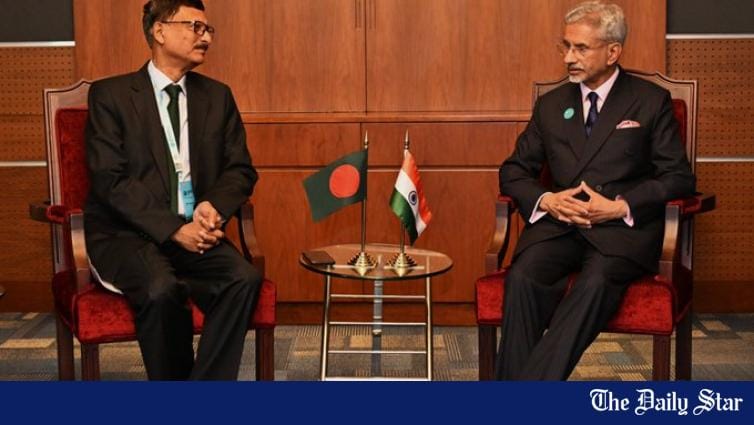Krishna with Flute
Senior Member
- Joined
- Jan 26, 2024
- Messages
- 4,518
- Reaction score
- 2,383
- Axis Group

LOL. Boasting about this BS does not work anymore Mr. Modi-ka-chela.
You are also poorer in income and worse than Bangladesh in GDP per capita with the world's unhealthiest unhygienic and hungriest population. Bottom tier position. Is this something to take pride in ?? We don't.
It is a shame that you have to compare yourself to Bangladesh which used to be bottomless basket, and cannot even compare your economy and GDP to China.

India Ranks 105th In Global Hunger Index 2024, Labelled As 'Serious'
The Global Hunger Index (GHI), a tool utilized by international humanitarian organizations to measure and track hunger levels.www.newsx.com
What good is having fourth largest military when people cannot eat or find toilets to poop in?
Think.
Wrong, wronger, wrongest priorities.
You can't just ignore basic reality and show one-sided picture of one or two factors or sectors.
Sounds kind of harsh but one has to point these things out when you start to boast.
Being No. 2 consumer market is worthless when divvied up among 1.4 Billion people.
Already there are signs (which Modi media tried so hard to repress) that family incomes and spending are headed for oblivion in India.
We are in a way happy in Bangladesh that India deserves a place of repute globally. After all we are all desis.
But boasting about 2nd, 3rd and 4th place in this or that is a bad Hindutva habit which makes India the laughing stock and subjects of derision in this world, with educated folks.
The time for this kind of idle boast has come and gone. Everyone knows about what and where India was and is.
Trying to get respect or validation for this or that from non-Indians is a laughable trait.
Those who will respect India don't have to be forced to do so.
Boasting is something which when you import rice from a country and call that that country faces hunger poverty. Let me post herewith the report of most reliable source of economic condition. That is none other than IMF. read here and decide whether I am boasting or you are boasting.
India has almost wiped out extreme poverty: International Monetary Fund
ByZia HaqApr 07, 2022 05:40 PM IST
In India, the number of people living in extreme poverty -- defined by the World Bank as living on US$1.9 or less in purchasing power parity (PPP) terms -- was 0.8% of the population in the pre-pandemic year 2019, stated the IMF paper, published on April 5, 2022.
New Delhi: India has almost eradicated extreme poverty and brought down consumption inequality to its lowest levels in 40 years through state-provided food handouts, according to a new working paper published by the International Monetary Fund (IMF).
The IMF working paper -- authored by economists Surjit Bhalla, Arvind Virmani and Karan Bhasin -- said that the proportion of people living in extreme poverty, at less than 1%, remained steady even during the pandemic on the back of “in-kind” subsidies, especially food rations.
The study comes at a time when several recent global reports have pointed to the widening gap between the rich and poor in Asia’s third-largest economy, while studies on the economic shocks of the Covid-19 pandemic vary in their conclusions.
In India, the number of people living in extreme poverty -- defined by the World Bank as living on US$1.9 or less in purchasing power parity (PPP) terms -- was 0.8% of the population in the pre-pandemic year 2019, stated the IMF paper, published on April 5, 2022.
Food rations were “instrumental” in ensuring that extreme poverty did not increase and “remained at that low level” in the pandemic year 2020, the study found. PPP is a metric that equalises the buying power of different currencies to make comparisons easy.
“Our results also demonstrate the social safety net provided by the expansion of India’s food subsidy program absorbed a major part of the pandemic shock,” the authors stated. Such back-to-back low poverty rates suggest India has eliminated extreme poverty, they concluded.
Also read: Pakistan in turmoil, IMF's $6 billion bailout programme on hold
What sets their study apart, according to the authors, is the effect of subsidy adjustments on poverty. The results are “striking”, they said in the working paper. Food handouts curbed poverty by acting like “cash transfers”.
IMF states that its working papers describe research in progress, and are published to elicit comments.
Real (inflation-adjusted) inequality, as measured by the Gini coefficient, which stands at 0.294, is now very close to its lowest level 0.284 observed in 1993-94, the paper stated. The Gini coefficient ranges from 0 to 1, with 0 representing perfect equality and 1 representing perfect inequality.
“The food subsidy is 5kg per person. In terms of a household, that would be about 25 kg a month. Now if you convert that into prices, that would come to about ₹750. This is not an insignificant amount for really poor households,” said Pronab Sen, former chief statistician of India.
“But I cannot imagine ₹750 changing the inequality part of it. Absolute poverty in terms of hunger…yes, but inequality is a different ballgame. ₹750 is just not enough to move the needle on inequality,” Sen added.
Also read: Why IMF praised PM Modi’s food security scheme during pandemic
Most previous studies and measures of poverty and inequality did not account for the role of food handouts, the paper’s authors noted. “These (new) estimates include, for the first time, the effect of in-kind food subsides on poverty and inequality,” the paper stated.
During the first Covid-19 lockdown in 2020, the Modi government launched the Pradhan Mantri Garib Kalyan Ann Yojana (PMGKAY), a programme to distribute a fixed quantity of free foodgrain (5kg per head) to the poor beyond their usual entitlement of 25kg a month of subsidised grains.
Over 800 million beneficiaries under the National Food Security Act are covered by the programme. Last week, the government said it would extend the PMGKAY till September 2022.
A National Bureau of Economic Research (NBER) working paper in December last year, too, showed that inequality surprisingly reduced during the pandemic, mainly because incomes of the rich from the services sector had plunged, while farm-sector output was resilient. However, this paper found a spike in extreme poverty during the pandemic.
When India’s economy saw its worst-ever recession of -6.6% in 2020-21, the farm sector grew 3.3%, according to revised official estimates.
The World Inequality Report, released in December last year, said India emerged as the most unequal country with the top 1% of the population holding more than one-fifth of the total national income in 2021.
The richest Indians more than doubled their wealth during the Covid-19 crisis, according to the global Oxfam Davos Report of 2022.
Yet another study by the International food Policy Research Institute scholar Yanyan Liu in 2019 found that the Mahatma Gandhi National Rural Employment Guarantee scheme, acting as a conditional cash transfer, had increased welfare and reduced inequality.
Bhalla, one of the authors of the IMF paper, said, “Given that extreme poverty has been eradicated, India should move from $1.9 PPP poverty line to $3.2 poverty line”. This essentially means setting the poverty line high and is significant because it raises the income threshold for determining those below poverty line, and such a move would allow more people to qualify for subsidies.
“Bhalla’s method of using National Accounts Statistics numbers to estimate poverty is not new and he had declared poverty to have become insignificant in India 20 years ago,” said Jawaharlal Nehru University economist Himanshu.
Most economists do not agree with his method, Himanshu said, adding: “That is why we need another round of consumer expenditure survey to ascertain exact trends in poverty and inequality in India.”







